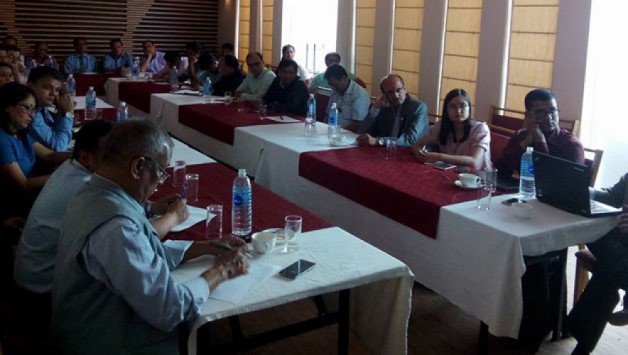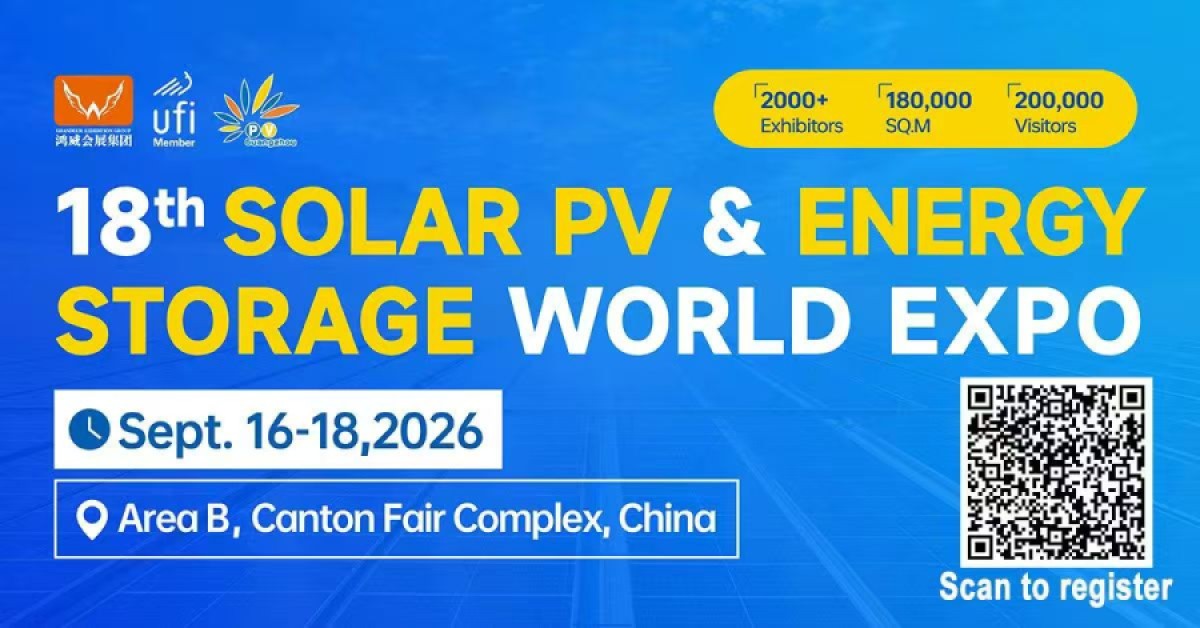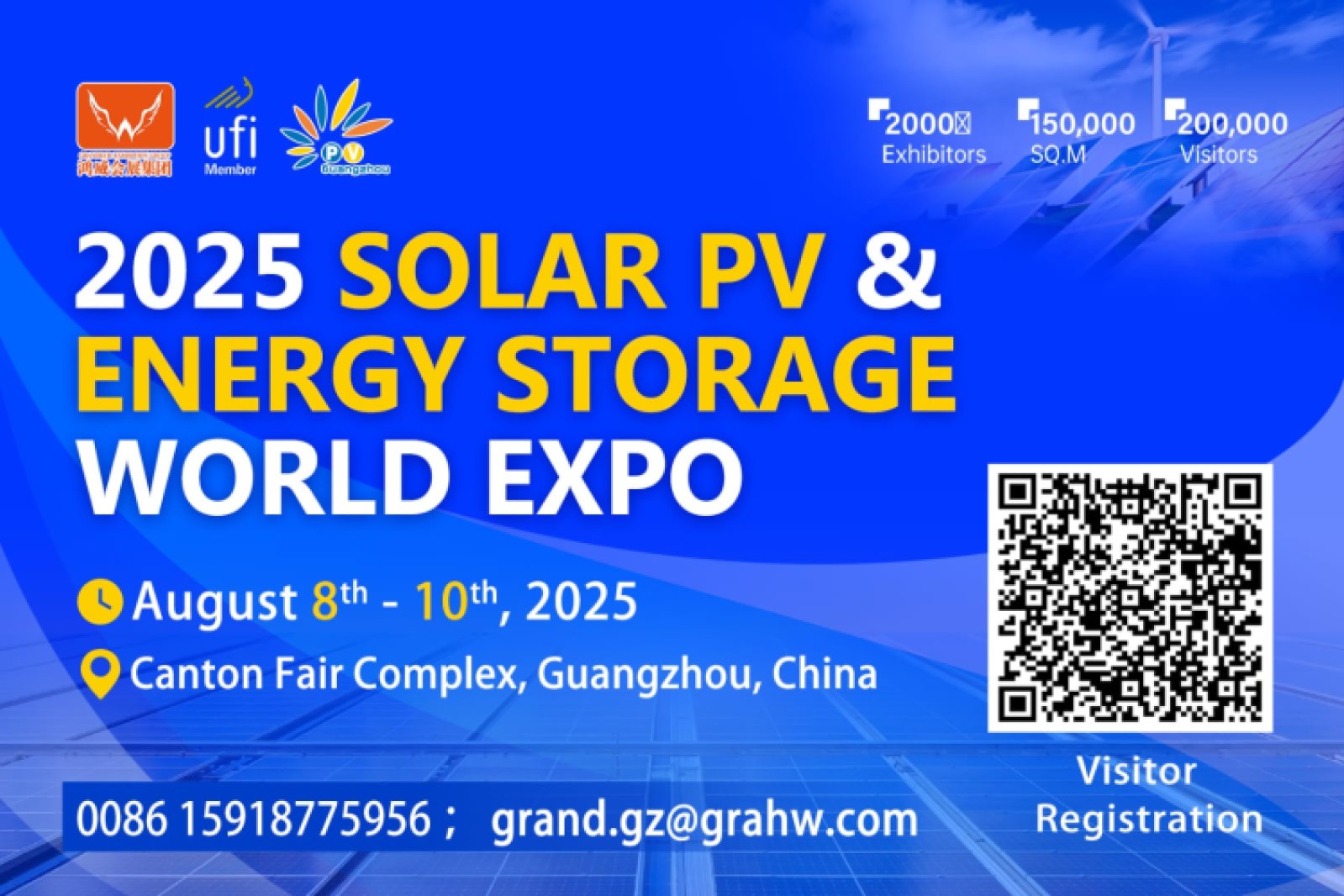
On Monday, 25 June, 2017, Kathmandu
- Presentation by Mr. Mr. Sushim Man Amatya, expert AEPC
- Presentation by Dr. Narayan Prasad Adhikari, Assistant Director, AEPC
- Remarks by Mr. Ram Prasad Dhital, Executive Director, AEPC
- Remarks by Mr. Guna Raj Dhakal, Coordinator, RECC
- Programme facilitated by Former Minister Er. Ganesh Shah
- Coordinated by Mr. Guna Raj Dhakal, Coordinator, RECC
- Managed by Mr. Purna N. Ranjitkar
Introduction
The third one of the series was successful in terms of discussions, experience sharing and sharing on opinions by important experts and professionals.
The discussions were focused on technologies available, implementation and consequences. The demonstrative programme implemented earlier by experts and professionals were to be taken into consideration as lessons to learn. The valued participants also stressed on need of better application of social engineering as blending with technical engineering for the best of results to achieve.
Waste-to-energy in common understanding
Waste-to-energy or energy-from-waste is the process of generating energy in the form of electricity heat from the primary treatment of waste. Waste-to-energy is a form of energy recovery. Most Waste-to-energy processes produce electricity and/or heat directly through combustion, or produce a combustible fuel commodity, such as methane, methanol, ethanol or synthetic fuels.
The consumption habits of modern consumer lifestyles are causing a huge worldwide waste problem. Having overfilled local landfill capacities, many first world nations are now exporting their refuse to third world countries. This is having a devastating impact on ecosystems and cultures throughout the world. Some alternative energy companies are developing new ways to recycle waste by generating electricity from landfill waste and pollution. The articles on this page explore waste to energy technology and potential.
Waste management is a challenge in realty. Dumping waste at designed sites is not a real solution now. The technological innovations are offering different choices in the regard.
Waste to energy is not a new concept in Nepal as the early experts express on occasions. Once waste is wealth had been an attractive slogan in the urban areas including Kathmandu Metropolitan City.
Some efforts have been put to manage waste properly and efficiently in the past by different institutions and organizations also. However, productive use of as waste to energy has been somehow new concept in practice in Nepal. The 14kW electricity generating plant in Kathmandu is one such initiative which uses waste as material and that is managing municipal waste. Some other initiative also have been said to be implemented soon.
Thus, (a) understanding concept of waste to energy is an essential component for the entrepreneurs and professionals. Likewise, (b) exploring right solution by innovation and management is another component to understand. (c) Investment in waste to energy is another component to understand.
There may be other than three components as mentioned above standing as challenges. The proposed interaction programme has been expected to churn out more to this effect. The participants will lend their opinions and views for better waste to energy concept.
Alternative Energy Promotion Centre (AEPC) has been extending its technical and financial supports to the institutions and entrepreneurs in promotion of waste to energy as well. The centre will be functioning as a focal institution to enhance waste to energy concept to bring into realities.
Opening
Former Minister for Science & Technology and Environment Er. Ganesh Shah, as a facilitator, opened up the event with remarks on need of Interaction and Discussion on Waste to Energy : Challenges in Managing Waste. As a matter of fact the waste management has been a Herculean task for municipalities mainly. Experiments and piloting in some places have been carried out but significant solution has still in waiting.
The AEPC supported similar programmes in some key locations in different size of plants are to be noted as good for replication in near future, Er Shah mentioned.
Presentations and speeches
Mr. Sushim Man Amatya, Senior Programme Officer at AEPC presented on Large Biogas Sector in Nepal: A Solution for Waste Treatment (Waste to Energy). He mentioned the background of fuel scarcity and the best technologies available for energy to be produced from waste. He also stated that waste management has been a big head for the urban administrators since a long time.
He also elaborated the plants in construction at Dharan, Bhairahawa and Kakani. Mr. Amatya also mentioned the features and benefits to get from the plant Kathmandu Metropolitan City's new plant at Teku in Kathmandu which consumes a sizable volume of waste and produces biogas and 14 kW of electricity.
Dr. Narayan Adhikari, Assistant Director at AEPC also had a presentation on Thermal Plasma Technology (TPT) for Waste Management.
He elaborated that TPT gives advantages over as conventional system as (a) No segregation needed, (b) No drying needed, (c) No ash produced and (d) By‐products are gases, metals & electricity.
Moreover, TPT is the technology available now in the developed countries. The features of TPT are as Dr Adhikari explained (a) Non incineration thermal process that uses extremely high temperatures. (b) Non‐in oxygen starved environment to decompose input waste material completely into very simple molecules. (c) It uses an external energy source, resulting, thus, in very little combustion of the waste material. As a result, most of the carbon is converted to fuel gas. (d) Plasma gasification is the closest technology available to pure gasification' Because of the high temperatures involved all the tars char gasification, involved, tars, and dioxins are broken down. (e) The exit gas from the reactor is cleaner, and there is no ash at the bottom of the reactor. (f) The main product of the process is a gas, known as synthesis gas, which can be used, among others, for the production of energy and an inert vitreous byproduct material, known as slag.
Thus, TPP may be useful technology for Nepal to implement in future to address waste to energy.
Discussions
After presentation by Mr. Amatya and Dr. Adhikari the participants exchanged views on waste to energy on the basis of their experiences in different similar programmes carried out in the past.
Prof. Dr. Jaganatha Shrestha said that the best technology for waste to energy is still to be identified. Management factor is one big lapse in Nepal's context. As such, social engineering has been felt a big component to be added in such important programmes.
Er. Amar Bahadur Manandhar, an waste plant expert who had earned experience in installing and operating waste treatment plant at Bode, Bhaktapur shared the things to be considered well before planning a waste plant to install.
Mr. Prakash Lamichhane, an expert at BSPN also mentioned the common lapses in the management of waste plants installed in Nepal.
Mr. Surendra Lal Shrestha, leading personality in RE in Nepal also opined of better management practices for the technologies to be applicated.
Dr. Binod Bhatta, forestry and environment expert stated that an integrated approach for the under privileged class must be taken into consideration so as energy will be accessed along with other vital socioeconomic aspects be effective in upgrading their living standard.
Mr. Chuda Bahadur Shrestha, former Nepal Police high official, Mr. Kushal Gurung, Dr. Neeta Singh also spoke on better technologies to be introduced so as to get rid of waste management problem be addressed.
Mr. Khimanand Kandel, General Secretary of WECAN and RE expert said that
Mr. Ram Prasad Dhital, Executive Director of AEPC mentioned that AEPC will extend technical supports in installing waste to energy programmes. Ongoing support programmes in some places are the opportunities for experts and professional to learn the best technologies and the best practices. As such, appropriate technologies will be available for waste to energy and getting solutions for waste management.
Conclusion
Outlined the rationale of Interaction and Discussion on Renewable Energy Movement in Federal Structure conducted by RECC, Mr. Guna Raj Dhakal, coordinator of RECC said that the interaction has been successful in sharing knowledge and exchanging views of the dedicated professionals and practitioners. He informed that RECC will follow up the find out at the soonest to fetch the best of the results. He also stated that similar event will be organised by RECC creating forum for the dedicated professionals and practitioners where the experts could contribute knowledge, experience and views for the cause of upliftment of people at even grass root levels through renewable energy promotion.
He thanked to Mr. Balanand Paudel, Mr. Ram Prasad Dhital, Mr. Nawa Raj Dhakal, AEPC, the participating RE professionals and practitioners and all.




